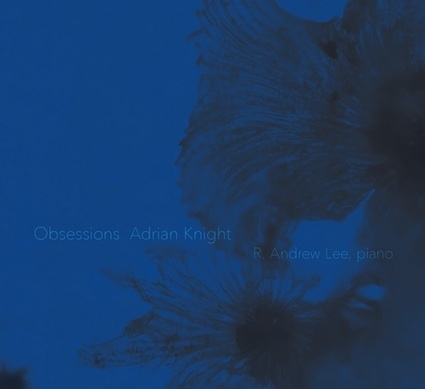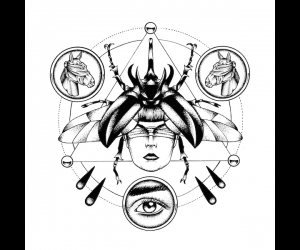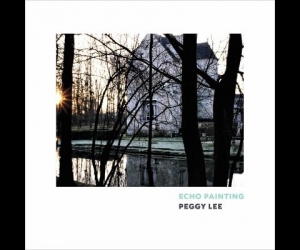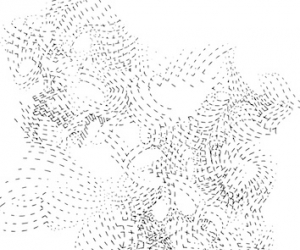
The last decade has seen an increase in long, single-movement repertoire for the piano, much of which has been the vehicle for inventive and introspective compositional voices.
Adrian Knight’s quietly eccentric “Obsessions” is a potent addition to this microcanon. Within its first few moments, it clearly establishes the confines of an enigmatic but irrefutable listening space, sitting squarely on the border between meditative, quasi-ecclesiastical serenity, and single-minded obstinacy.
Numerous piano works throughout history have reflected an affinity toward bells. Yet the opacity of Knight’s harmonies and stringency of the work’s limited gestural vocabulary do more than merely suggest clangorous tolling. Instead, it’s as though they directly embody these sonorities in a sort of acoustic variant of additive synthesis.
There’s little in the way of overt variation over the work’s forty-eight-minute course, yet the patterning of its dense and constant chords is not readily apparent either. Shifts of registral focus on the piano are the most readily identifiable changes, but Lee never imbues them with any superfluous import. Accordingly, unlike other minimal, extended-duration works for the piano, “Obsessions”’ persistence doesn’t invite the listener to savour single musical utterances. Its deliberate flow generates a strange ceaseless suspension-momentum that elides individuated moments. Seemingly just as the listener manages to acclimatize to its gentle relentlessness, it halts suddenly.
Over the past few years pianist R. Andrew Lee has displayed commendable commitment to works of an intensive, focussed nature. The present performance showcases exactly that: a core of careful, objective listening, tempered by just enough of warmth to reveal the work’s latent sweetness and intimacy.


